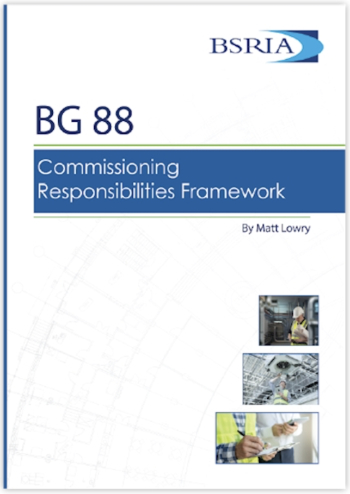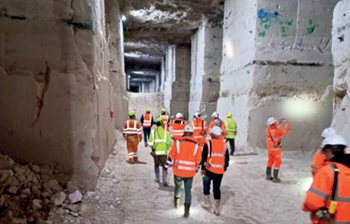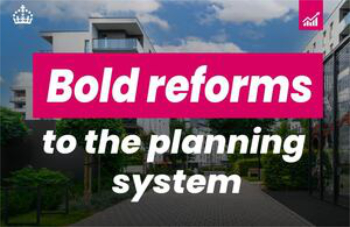Business justification for building development
The process for completing the design and construction of a building is often divided into stages. This can be helpful in establishing milestones for the submission of progress reports, the preparation of information for approval, client gateways, and for making payments. However there is a great deal of ambiguity between the naming of stages by different organisations and the definition of what individual stages actually include (see comparison of work stages) and so it is important that appointment documents make it clear specifically what activities fall within which stage, and what level of detail is required.
Within the Designing Buildings Wiki project plans, the business justification stage is the first stage, taking place once a business need has been identified which might result in a building project. This is analogous to the ‘Strategic definition’ stage of the RIBA Plan of Work, (See comparison of work stages), but includes more preparatory client activities, undertaken before consultants are appointed.
This stage involves creating an internal team to assess whether there is justification for the project at all. In the first instance, a statement of need is prepared, which is an initial attempt to describe the possible requirements of the project. It should be stressed that this may or may not result in an actual project, and even if a project is necessary, it may not require a new building.
A preliminary business case is then prepared which is a first attempt to justify the investment required by the potential project.
If it is then considered worth investigating the project in more detail, the client may then create an internal organisational structure for the project and assesses the nature of the consultant team that would be needed to proceed with the project. The client may then develop the statement of need into an initial strategic brief which provides sufficient information about the project to allow the appointment of a consultant team.
The client should then consider whether to proceed to the next stage where a consultant team would be appointed, feasibility studies undertaken, and options assessments carried out. Clearly this would involve significant expenditure.
As the business justification stage takes place before the appointment of the main consultant team that will deliver the project, the client may wish to appoint independent client advisers to help them.
[edit] Related articles on Designing Buildings Wiki
Featured articles and news
Commissioning Responsibilities Framework BG 88/2025
BSRIA guidance on establishing clear roles and responsibilities for commissioning tasks.
An architectural movement to love or hate.
Don’t take British stone for granted
It won’t survive on supplying the heritage sector alone.
The remarkable story of a Highland architect.
The Constructing Excellence Value Toolkit
Driving value-based decision making in construction.
Meet CIOB event in Northern Ireland
Inspiring the next generation of construction talent.
Reasons for using MVHR systems
6 reasons for a whole-house approach to ventilation.
Supplementary Planning Documents, a reminder
As used by the City of London to introduce a Retrofit first policy.
The what, how, why and when of deposit return schemes
Circular economy steps for plastic bottles and cans in England and Northern Ireland draws.
Join forces and share Building Safety knowledge in 2025
Why and how to contribute to the Building Safety Wiki.
Reporting on Payment Practices and Performance Regs
Approved amendment coming into effect 1 March 2025.
A new CIOB TIS on discharging CDM 2015 duties
Practical steps that can be undertaken in the Management of Contractors to discharge the relevant CDM 2015 duties.
Planning for homes by transport hubs
Next steps for infrastructure following the updated NPPF.
Access, history and Ty unnos.
The world’s first publicly funded civic park.
Exploring permitted development rights for change of use
Discussing lesser known classes M, N, P, PA and L.
CIOB Art of Building photo contest 2024 winners
Fresco School by Roman Robroek and Once Upon a Pass by Liam Man.























